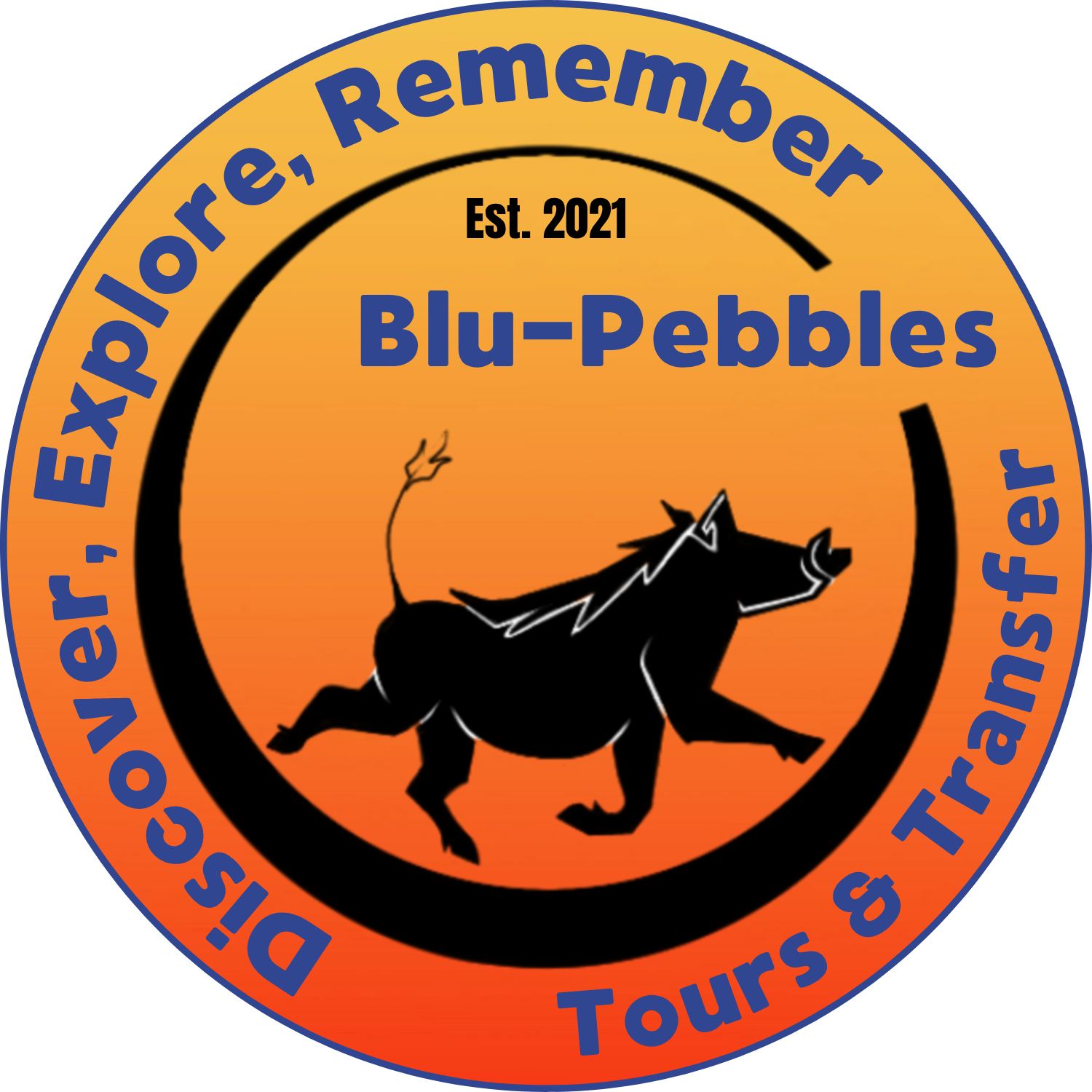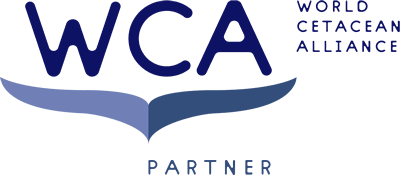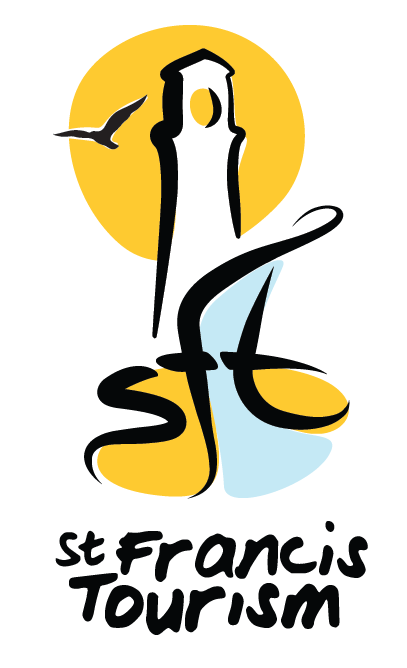
Welcome to the ALGOA Baywatch Marine Conservation Project, based in Port Elizabeth, South Africa.
VOLUNteering for the Algoa Baywatch
Marine volunteers from all over the world come to work for the Baywatch Marine Conservation Project in Algoa Bay. Since 1992 Baywatch Marine Conservation support and develop projects to educate the community, specifically the youth, about the marine environment and the need for its conservation and protection, assist organizations responsible for marine law enforcement and marine research, and undertake our own independent research.
The volunteers, from all around the world, have the amazing opportunity to be part of the Raggy Charters’ team for the short or long term. Depending on their interests, they can join different projects; educational projects, scientific projects, conservation projects, or maybe they have the desire to improve their experience as a marine guide, or boat skills, or just the wish to spend more time on the ocean.
Being a volunteer is always a good opportunity to create good network connections, improve experience, and therefore create a better work opportunity. But also a good way to live close to local people, learn new cultures and create new friends. Being a volunteer means also being part of the change to preserve and protect our marine life!
As far as we know, the Algoa Baywatch Project is the only marine volunteering project in the world where volunteers have the opportunity of seeing the big 7 animals (Lion, Elephant, Leopard, Buffalo, Rhino, Great White Shark, Southern Right Whale) in one day. We are the only organisation in Algoa Bay with a whale and dolphin watching license, which allows us close encounters with these wonderful animals.
Unlike many other marine operations, ours is owner-run and managed by a small team. We are a compact, yet vibrant company driven by our passion to ensure the safety and preservation of our marine heritage. Our volunteers are needed to help with the actual running of the business on a daily basis. This will include driving and maintaining the two motorised catamarans, providing the guests with information on marine animals and assisting with research projects.
We generally run only one marine tour per day, the morning session, putting as much personalized attention and detail into it as possible. Besides, the afternoons are usually not conducive to charters and we feel that we cannot give our best trying to cram more than one cruise into a day. We would hate having to cut an interesting excursion short because there was an afternoon group waiting to be taken out at a specific time.
During the cruises we collect information on the cetaceans we encounter, using photo identification (which is where we need your help), which gets added to the national database. This important information can then be used by researchers, who are still learning about their habits, numbers and migration patterns. This vital data collection is needed to conserve our marine animals in the long term.
During your stay with us you will also learn about various aspects of the marine environment, which you can then pass onto others and help to educate them about the importance of conserving both our coasts and oceans. The content of our many whale lectures is not only gleaned from other people's research but also from our own extensive observations made during cruises.
We are also the first organization to produce a marine photographic and textual guide to the marine animals of Algoa Bay. This is a 'first-of-its-kind' publication in South Africa, dealing with a specific bay along our coast. The book "Scenes From Algoa Bay" is available to order online by emailing fogartys@global.co.za.
The course program intensifies during the months of July through to November, during our peak 'whale season', when migratory humpback and Southern right whales visit our region. This allows volunteers as much exposure to whales and dolphins as possible.
TYPICAL WORKING DAYS FOR VOLUNTEERS OF THE Algoa BAYWATCH
Volunteers will be required to assist with the day to day runnings of Raggy Charters, including data recording during cruises, as well as current research projects as previously mentioned.
Gain knowlodge on the below subjects while with us - ask questions! :
- The Physical Marine Environment: introduction, waves, major South African currents, rip currents, upwelling, sediment transport, tides, and changes in sea level.
- Rocky Shores: the marine environment, geographic distribution of animals along our coastline, wave action and intertidal communities, effects of tides, biological interactions, food and space, zonation, and exploitation by man and pollution.
- The Ecology of Sandy Beaches: introduction, physical conditions, the interstitial system, macro fauna, phytoplankton, zooplankton, and food webs.
- Estuarine Ecology: evolution of estuaries, physical processes in estuaries, biological processes in estuaries, and ecology of selected species.
- Coastal Conservation: the philosophy of coastal conservation, reserves, the management of exploited species, and the management of recreational activities.
- Cetaceans: evolution of different species, anatomy, behaviour, identifying individuals, the different species found throughout the world's oceans, their migration routes and why they do it, feeding strategies, reproduction, cow-calf relationships, strandings, hunting, how to approach them while at sea, and marine regulations.
- General Marine Life: sponges, cnidarians, worms, crustaceans, bryozoans, molluscs, echinoderms, ascidians, sharks and rays, bony fish, reptiles, coastal birds, and seaweeds.
Volunteers will eventually all be expected to participate in the various briefings and talks to tourists on the boat. They will also be taught the basics of boat handling and be expected to drive the boat on occasion. They will also be expected to undertake some pro-active marketing and make constructive suggestions to improving our marketing strategy.
volunteer Accommodation

Volunteers are accommodated for in private quarters which overlooks the Indian ocean- a stone's throw from the sea. Whales and dolphins are seen regularly, often breaching clear of the water right in front of the house. Cape clawless otters breed in the fresh water system which enters the sea nearby. The house is located in the coastal village of Seaview, some 25km outside the coastal city of Port Elizabeth. Seaview village has a small shopping centre with laundry, ATM and take-away. Volunteers will be provided with a share vehicle for getting around.
The house comprises three double bedrooms, two bathrooms, two kitchens, and two entertainment areas, which are also used as lecture facilities. There is also a spacious deck that overlooks the sea. The garden is totally indigenous, with over 100 species of trees. This is a wider variety of trees than found in the whole of Europe.
Besides a beautiful snorkelling area directly in front of the house, there are many other leisure and pleasure facilities located nearby. There are numerous game reserves located nearby which are worth a visit! There is a 25km stretch of sandy beach further up the coast, which is ideal for sand-boarding, and the study of sandy beaches. There are three Alexandria type indigenous forests within easy access, all of which can be reached by numerous trails.
Serviced communal accommodation and occasional meals are included in the course fee. The volunteers themselves must carry their food, laundry and medical costs. They will also be expected to assist with the meal preparations (when meals are provided), and keeping the premises neat and tidy.
South African's eat a lot of meat! Therefore, if you have any special dietary requirements, please tell us in advance and bring some of your favourite recipes with you.
For the google earth fans, the house is located at:
34° 1'0.69"S, 25° 22'0.46"E
Check it out!























